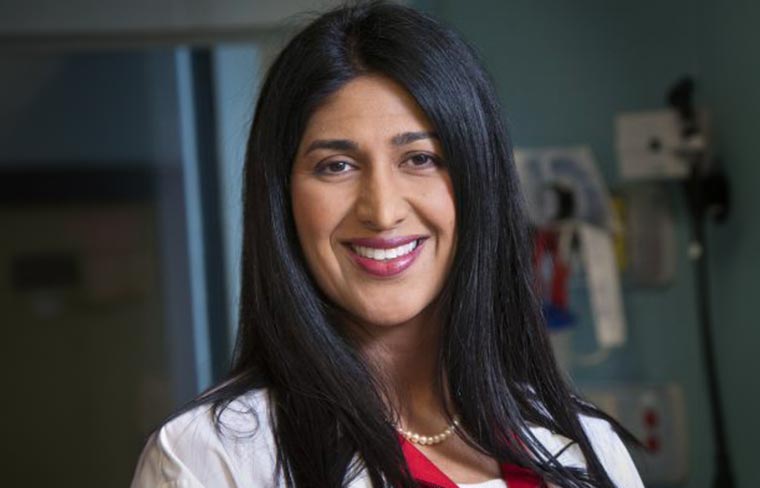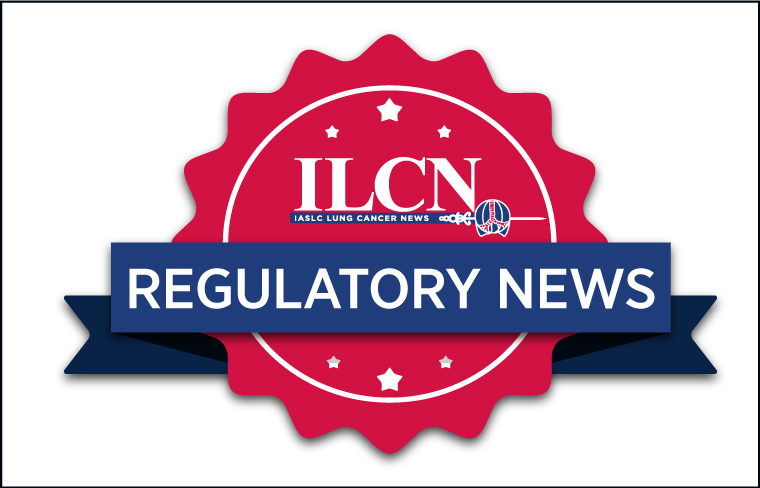2024
-
Investigators Report Efficacy, Safety Analysis of Tarlatamab in SCLC Patients With or Without Baseline Brain Metastases
Dr. Anne-Marie C. Dingemans said the data indicate that it is safe to prescribe tarlatamab for these patients now that it has been approved by the US FDA.
-
Data Look Promising for First-line Sotorasib, Platinum-based Chemotherapy Combination for KRAS-mutant NSCLC
Presenter Dr. Bob T. Li said further study is needed, particularly given the positive PFS results in PDL-1-negative patients, who represent an unmet medical need.
-
Osimertinib Plus Chemotherapy May Improve CNS Activity in Advanced EGFR-positive NSCLC
However, Drs. Marthe S. Paats and Anne-Marie C. Dingemans caution that in the light of the toxicity profile, the combination may not be the best option for all patients.
-
Journal of Thoracic Oncology’s Impact Factor Rises Again; JTO Clinical and Research Reports Receives First Impact Factor
The IASLC’s official journal now ranks second among 100 respiratory medicine journals and 13th among 322 oncology journals.
-
CROWN Results Demonstrate Longest Progression-Free Survival in Advanced NSCLC Seen to Date
When presenting the data, Dr. Benjamin Solomon said first-line lorlatinib offers unprecedented improvement in outcomes for patients with advanced ALK+ non-small cell lung cancer.
-
Subcutaneous Amivantamab Leads to Unexpected OS Improvement vs. IV Dosing in Refractory, EGFR+ Advanced NSCLC
Dr. Natasha Leighl said the findings of PALOMA-3 show subcutaneous dosing offers other advantages, including reduced adverse events.
-
KRYSTAL-12 Supports Previous Evidence Showing Adagrasib is Superior to Docetaxel in Pretreated Advanced KRAS-mutated NSCLC
Dr. Tony Mok said the results of the phase III KRYSTAL-12 trial reinforce adagrasib as an effective second-line treatment option for this patient population.
-
Cytisine: A New Opportunity in the UK for the Treatment of Tobacco Dependency
Drs. Joelle Fathi and Matt Evision say cytisine more than doubles the chance of cessation and its expanding accessibility heralds a new era in the management of tobacco dependency.
-
Recently Reported Evidence Leads to Approvals for Alectinib, Osimertinib
The European Commission has approved adjuvant alectinib for ALK+ early-stage NSCLC while the US FDA has granted priority review for osimertinib for unresectable stage III EGFR+ NSCLC.
-
LAURA Trial Defines Role of EGFR-directed Therapy in Unresectable Stage III NSCLC
Primary results from the study, presented by Dr. Suresh Ramalingam, showed osimertinib offers a significant improvement in progression-free survival following chemoradiotherapy.


















